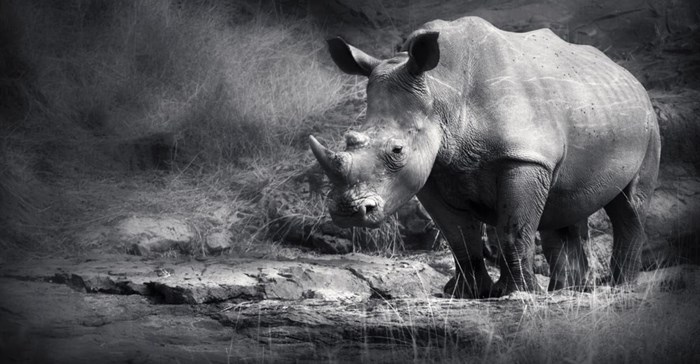
Top stories






More news


Marketing & Media
Ads are coming to AI. Does that really have to be such a bad thing?














As the world’s largest market for illegal rhino horn, Vietnam will be in the spotlight as Johannesburg hosts the 17th Conference of the Parties (CoP17) to the Convention on International Trade in Endangered Species of Wild Fauna and Flora (CITES) from 24 September to 5 October.
This will be the largest CITES meeting ever with participation of 181 countries and a record number of items up for negotiation, including wildlife trade issues relating to elephants, sharks, pangolins and tigers. But given its location in South Africa, which has lost nearly 6000 rhinos to poachers since 2007, including more than 700 so far this year, rhino issues will be high on the agenda.
According to WWF, despite widespread evidence of rhino horn openly for sale in Vietnam, authorities have made no significant rhino horn seizures within their borders and have reported no successful prosecutions.
“Vietnam’s poor law enforcement record speaks for itself: ending the illegal rhino horn trade and helping to save Africa’s rhinos is clearly not a priority for the government,” said Ginette Hemley, WWF head of delegation to CITES. “With around three rhinos being poached each day, there is no time to lose. CITES must take a tough line with Vietnam: swiftly implement critical measures to tackle the illegal rhino horn trade or face trade sanctions.”
Specifically, Vietnam must agree to enact new regulations to treat wildlife crime as a ‘serious crime’ with a minimum sentence of four years in prison; legislate to treat fake rhino horn as real rhino horn for enforcement and prosecution purposes; and successfully target and prosecute illegal traders and traffickers. Otherwise, CITES must call on countries to prohibit trade with Vietnam in all CITES-regulated wildlife, said WWF in a recent press release.
“International trade bans are critical to saving wildlife, but without rigorous efforts to prevent poaching and trafficking they are never enough on their own. Organised criminal networks will continue to target threatened species, as we have seen with rhinos, elephants and tigers,” said Hemley.
The conference will also provide countries with the chance to decrease the restrictions on trade in some species, such as the peregrine falcon and the Cape mountain zebra, which have recovered since they were placed on Appendix I of CITES – the highest level of trade protection.
“The recovery of species like the peregrine falcon shows that CITES can work and that populations can bounce back thanks to trade bans and conservation efforts,” said Hemley. “If the world takes decisive action in Johannesburg, we can look forward to more success stories in the future.”
Along with specific species proposals, the conference will also address broader issues that will be critical to long-term success, such as improving the livelihoods of local communities, tackling corruption and reducing demand for illegal wildlife products.